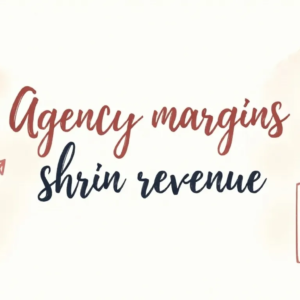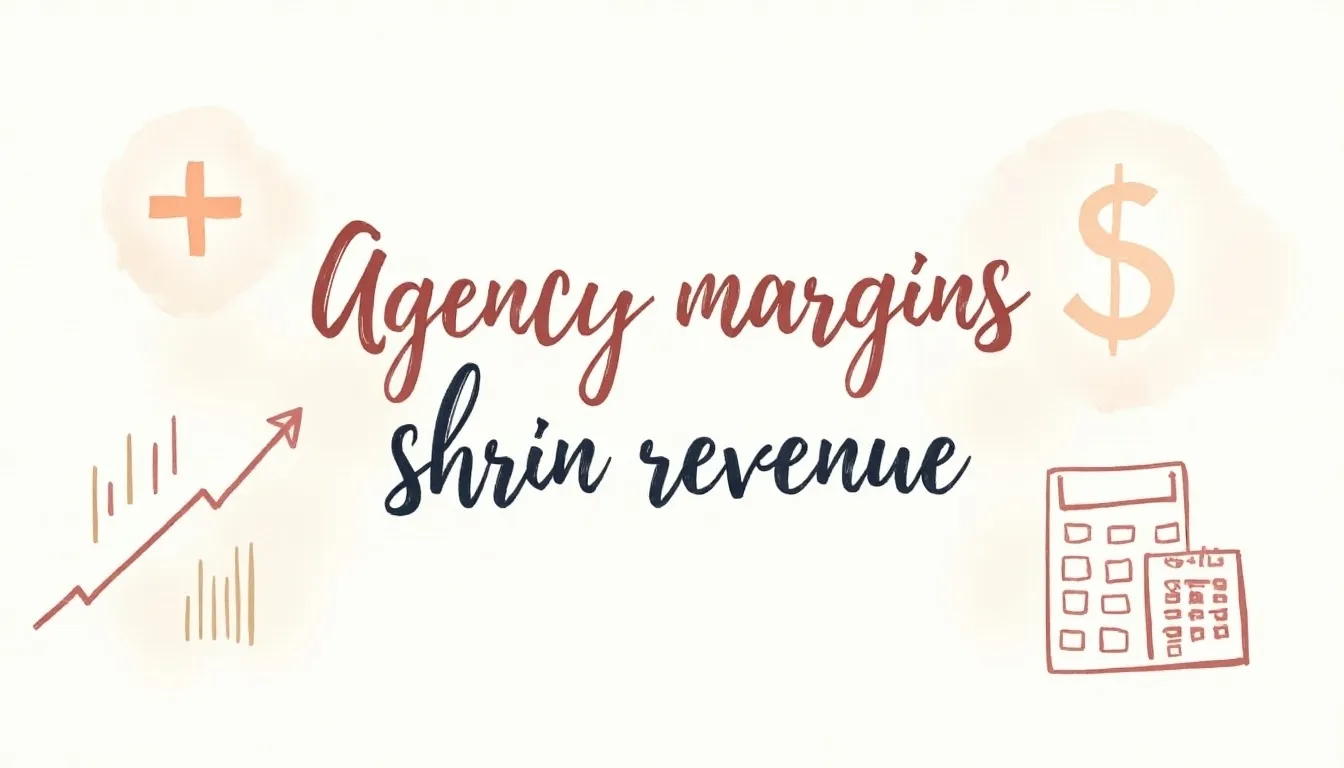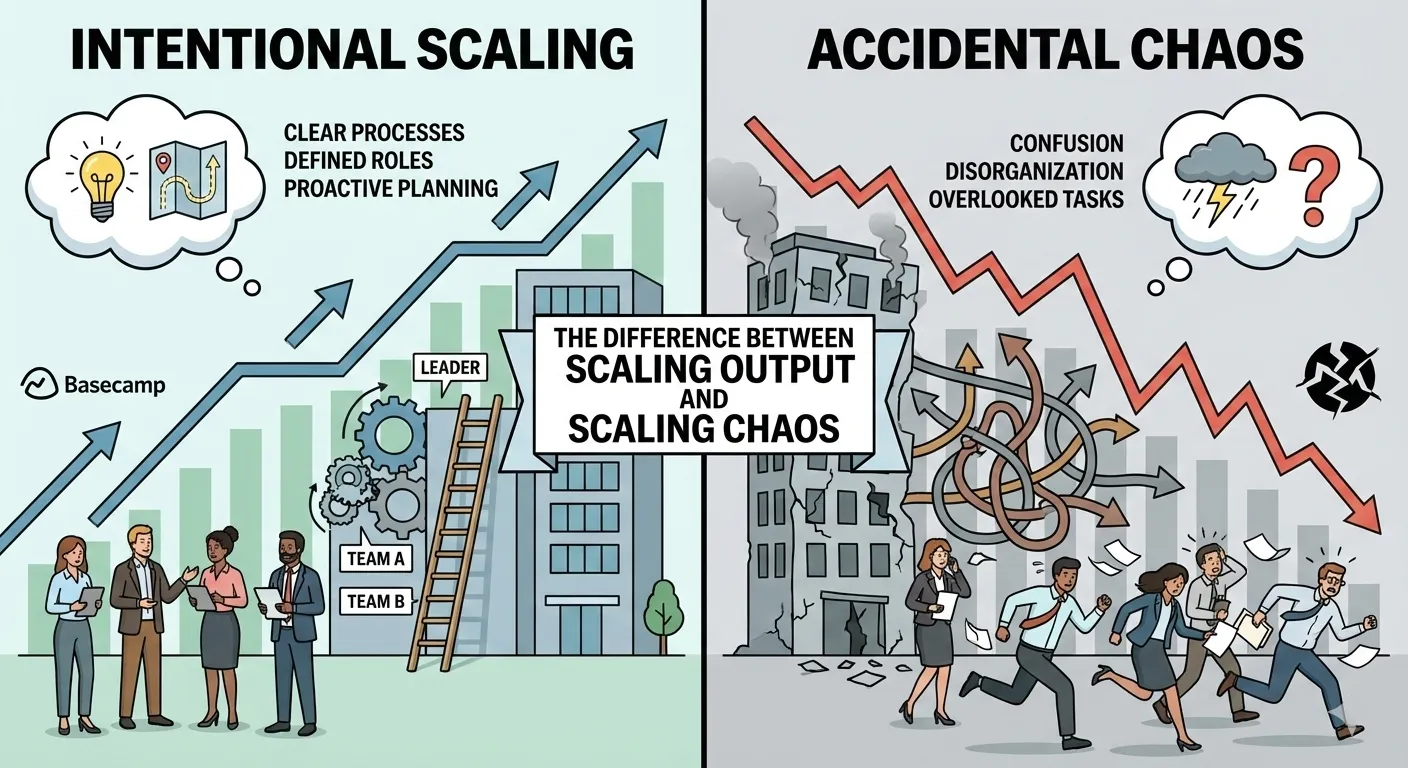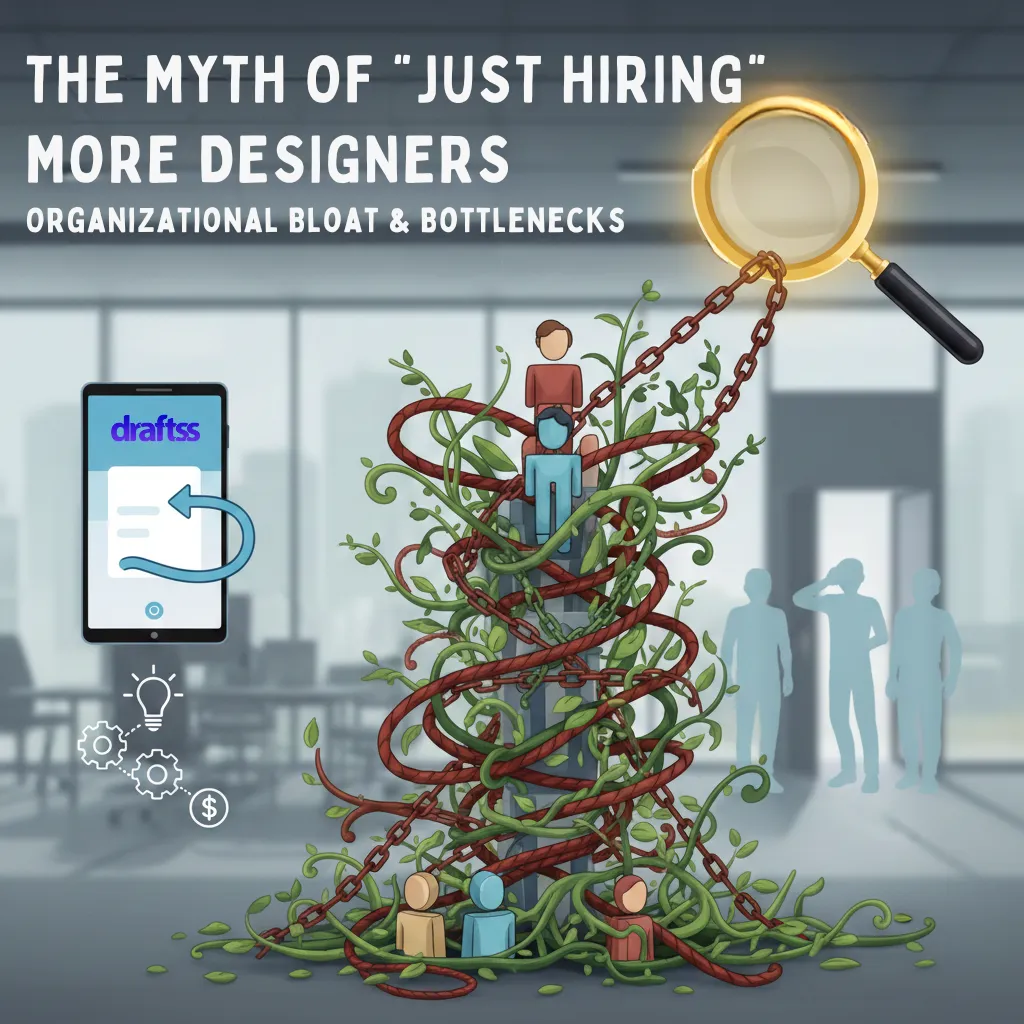Something About Branding:

What is Branding? The process of giving a name, sign, or symbol to a product is called Branding. It helps in identifying and distinguishing a product. Rather, let us understand the term a bit more clearly. Firstly, Brand. It refers to a name, symbol, design, or some combination of them, which in turn are used to identify a product of the manufacturer. Second comes the brand name. It is a verbal component of a brand that can be spoken by the customers. Third, Brand Mark. It refers to a symbol, design, or color that helps in the recognition of a product.
Advantages of Branding:
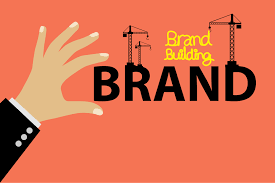
Different Prices can be set:
If seen from the viewpoint of a manufacturer or a firm, a well-established brand name, firms can easily charge prices high or low accordingly for their product as compared to competitor’s products.
Advertising and display program becomes easier:
Though branded products can be easily advertised and promoted which helps to increase sales and awareness.
Initiates Product Differentiation:
With effective branding, marketers can differentiate their products from the competitor’s products.
Ease in Introduction of a New Product:
The companies which use their name as a brand then it becomes very easy to make a new product popular and to initiate its sales or even the sales becomes easier.
Helps in identification of products:
Now for the customers, branding helps them to identify the product of a particular manufacturer and reduces the requirement of inspection in a supermarket say for instance.
It ensures quality:
It ensures a particular level of the product is of good quality and helps in building confidence among the customers.
Status Symbol:
Customers feel proud of using a branded product, as these products are of good quality and ensure customer satisfaction.
Characteristics of a Good brand name:
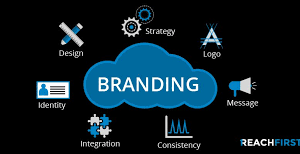
- It should have a strong Staying Power: A brand name should have long-lasting staying power and should not get out of date.
- It should be Short and Easy: A brand name should be short, easy to pronounce, easy to spell, recognize, and remember.
- Keep it Suggestive: A brand name should suggest the qualities or benefits of a product or the company.
- It should be distinctive: A brand name should be unique or different from the other brands that are already present in the market.
- Adaptable to Packaging: A brand name should be adaptable to packaging and labeling requirements in different media and languages.
- Versatile: A brand name should be versatile enough to include other products under it.
Something about Marketing:
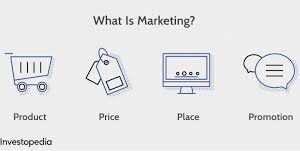
This concept of marketing states that the products should be designed and produced keeping in mind the needs and requirements of customers. The very main aim of any marketer should be to satisfy the needs of the consumer group better than the competitors. Here the main focus is customer satisfaction. However, a marketing mix is when a firm proceeds with the combination of different variables to prepare its market.
Role of Marketing in any firm:

Marketing emphasizes customer satisfaction as the key to the survival and growth of an organization. It helps to focus on the activities of the organization on fulfilling the needs and wants of the customers by designing a product according to them. This helps to develop brand loyalty and brings prosperity to the firm.
Elements of Marketing:

Marketing Mix is a combination of four elements, namely the four P’s, namely Product, Price, Promotion, and Place. It refers to a tool or ingredients which a marketer mixes in order to interact with a particular market.
- Product: From the consumer’s point of view, a product is a bundle of utilities as it provides three types of benefits to the consumers that is the functional benefit, psychological benefit, and social benefits. It also includes the extended product services, or what the offering is for the customers, such as after-sales services, credit services, handling complaints, etc. The product mix refers to the important decisions relating to the product, such as the quality of the product, its design, packaging, labeling, etc.
- Price: Price refers to the amount of money that the customer has to pay in the market to obtain the product. The marketers have to take a number of decisions regarding price level, pricing strategy, pricing objective. These factors are collectively known as price mix.
- Place: Place or physical distribution covers all the activities required to physically move the goods from manufacturer to customer. The two major decision areas under this function are decisions regarding channels of distribution and physical movement of goods from the place of production to the place of consumption. Thus, place mix involves several more decisions relating to inventory control, transportation, intermediaries, warehousing, negotiation, etc.
- Promotion: Promotion refers to informing the superior qualities of the product to the customer and persuading them to buy it. Most marketing firms use a combination of advertising, sales promotion, personal selling, and public relations to promote their product. Therefore, the combination of any of these techniques to attain the marketing.
Conclusion:

Now let us view both Marketing as well as Branding:
Branding is much more than an identification mark. A seller promises to deliver quality and satisfaction to the buyer’s expectations. With a brand, we can easily which all products belong to a particular company. When firms develop good reputations about quality then the brand helps them enjoy greater control over the customers and brand loyalty. Whereas,
In the process or function of marketing, it involves the following steps:
Firstly, gather and analyze the market information (market research). Then, make a marketing plan and look out for the strengths, weaknesses, opportunities, and threats. Thirdly, step into product designing. Then standardize and grade the designed products. Initiate the process of packaging and labeling in the next phase. Now you are all set to go for branding. Decide the pricing strategy. Finalize a promotion and selling process. And then jump into the distribution phase of the product. Then is the last step, storage (warehousing) and transportation take place.


